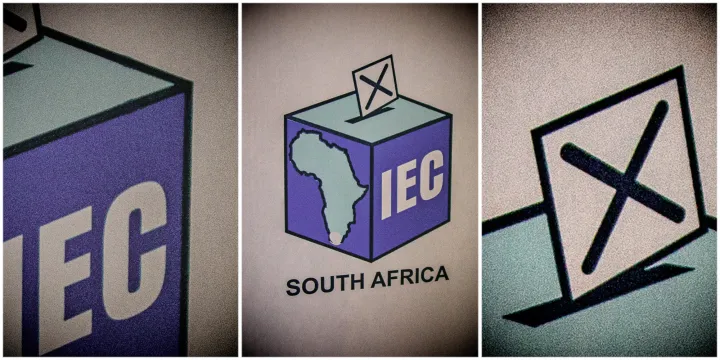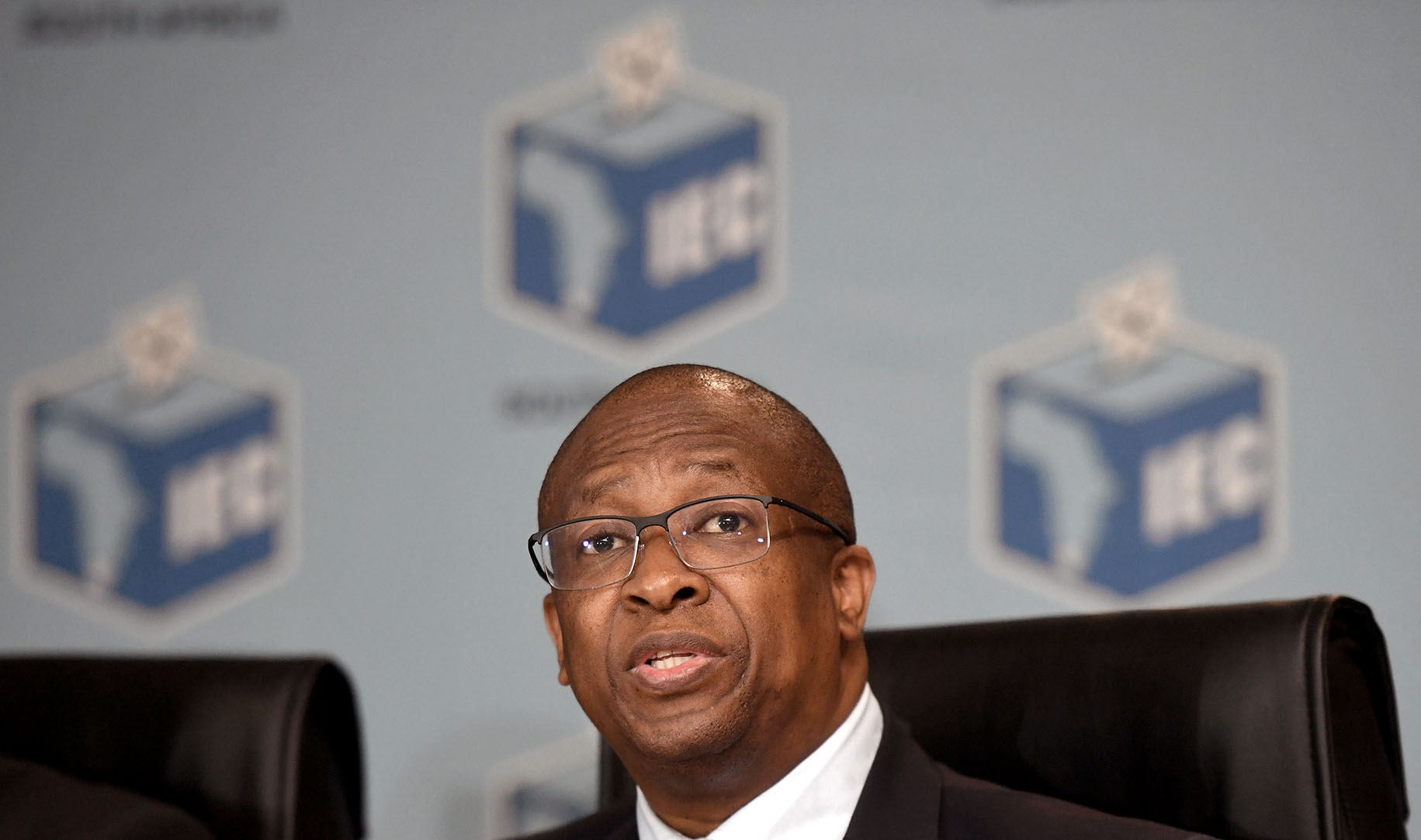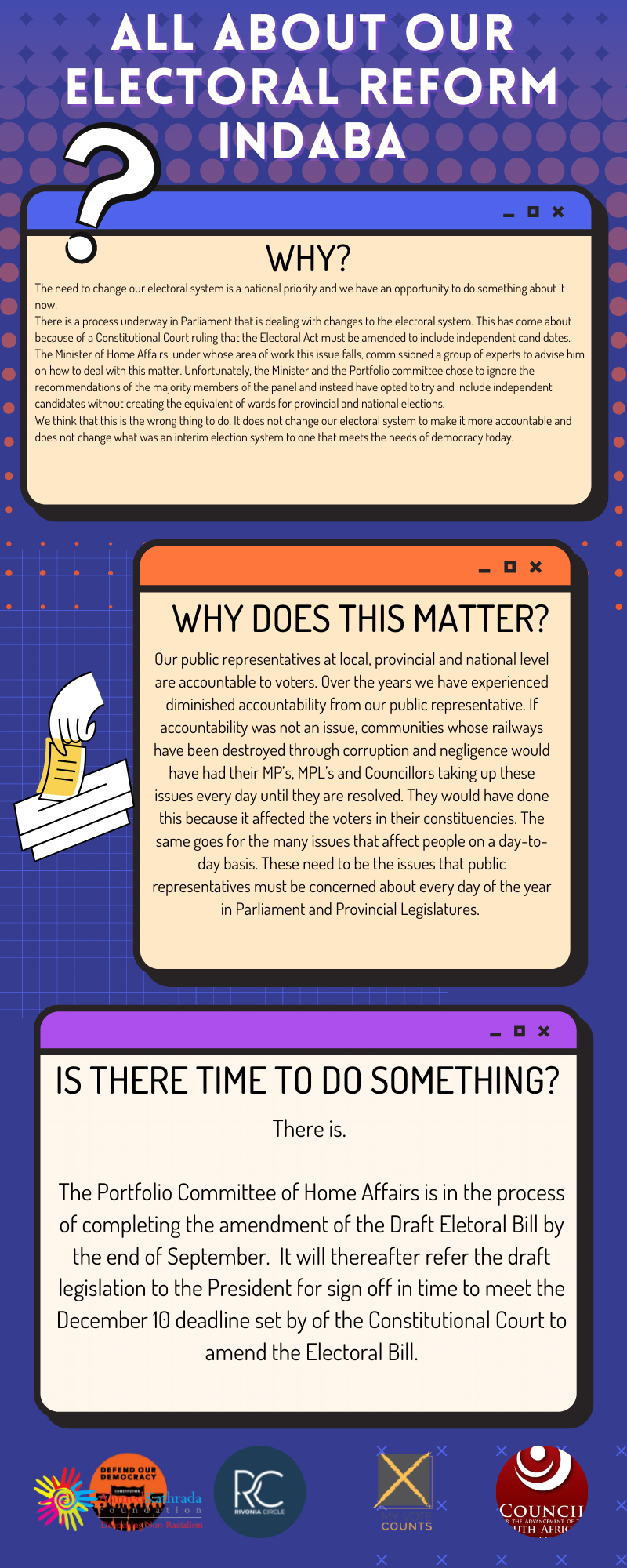ELECTORAL REFORM INDABA
SA’s voting system worked for all in 1994, but today serves politicians more than citizens – civil society

Activists are seeking to democratise South Africa’s voting system and ensure it is fairer, come the 2024 general elections, as former minister Valli Moosa warns that continued parliamentary neglect of meaningful electoral reform is ‘like a person driving a truck that has fallen asleep at the wheel’.
Given South Africa’s falling voter turnout and disillusionment with elections, it’s crucial that the electoral system is overhauled. Yet there is a deep reluctance from political parties, big and small, to change it, civil society representatives told an electoral reform indaba in Johannesburg last Friday.
Voter turnout has decreased with each election since 1994, with the reasons including administrative issues, such as people not having identity documents, internal migration, apathy because of corruption and poor service delivery, and disillusionment with all political parties.
Could a different voting system, particularly one that allows for independent candidates, locally and nationally, help revive a culture of voting and give power back to the people?
In response to a June 2020 Constitutional Court judgment (New Nation Movement and Others v the President), which declared that “the Electoral Act 73 of 1998 is unconstitutional to the extent that it requires that adult citizens may be elected to the National Assembly and Provincial Legislatures only through their membership of political parties”, the Ministerial Advisory Committee (MAC) on the Electoral System was formed by Home Affairs Minister Aaron Motsoaledi in February 2021. The MAC put together two models for a reformed electoral system, one representing the majority of members of the MAC and the other a minority report.
However, activists complain that although the MAC favoured the majority report that seeks to overhaul the system and make it more equitable and fair for all South African citizens, the bill before Parliament that contains these amendments endorses the minority report, which is a only lightly modified version of the closed-party list electoral system.
Plan of action
The purpose of the Electoral Reform Indaba was to discuss and develop a plan of action in response to the implications of the Electoral Amendment Bill and “develop clarity and consensus on what civil society can do in the short, medium and long term in reshaping the electoral system”.
The indaba was organised by a coalition of respected civil society organisations: My Vote Counts, the Council for the Advancement of the South African Constitution (Casac), the Rivonia Circle, the Ahmed Kathrada Foundation and Defend Our Democracy.
In an opening plenary, Casac executive secretary Lawson Naidoo claimed that changing the closed party list system to a mixed system is an old topic which has repeatedly fallen on deaf ears since 2004. The excuses for inaction ranged from South Africa being a young democracy to having little time to change the system before elections.
“If [an MP] steps out of line, you are removed. That is what the current system gives us. There is a deep reluctance by political parties, both big and small, to change the status quo, albeit for different reasons,” Naidoo said.
“The bigger parties want to hang on to the control they have over their MPs. Fail to toe the party line and you will be removed from office. MPs therefore effectively prostitute their oath of office [to protect the Constitution] to the party that puts them there, rather than acting in the best interest of the people and the country.
“When it comes to the smaller parties [such as the African Transformation Movement, UDM or Good party], the current PR [proportional representation] list system allows them a level of representation that they may otherwise not have under a different system. So, they too benefit from the current electoral system.”
The majority MAC report recommends a mixed-member system, like the local government system in South Africa’s metros. This means half the MPs would be directly voted in through areas like wards. However, the wards would be much larger for national and provincial elections. The other half would come from political party lists. For this, parties would be allocated seats based on their share of the votes.
With the 2024 general election looming, Naidoo expressed concern about the decline in voter turnout, saying this called for change.
“All of this demonstrates the decreasing levels of confidence in elections and our democracy in South Africa. And if we just look at the statistics of voter turnout at elections in recent years, it is – it should be – a deep cause for concern for all of us, especially since young people seem to be opting out,” he said.
“That’s why the reform of the electoral system is such a critical aspect of allowing us to facilitate the re-engagement of people with the politics of the country, not necessarily by becoming members of political parties, but by engaging in the political discourse and being able to feel confident that when you go to the ballot box, your vote does count and it is going to make a difference.”

Sy Mamabolo, Chief Electoral Officer at the Electoral Commission of SA. (Photo: Gallo Images / Netwerk24 / Deaan Vivier)
However, Sy Mamabolo, Chief Electoral Officer at the Electoral Commission, seemed to caution civil society against pressing for far-reaching changes to the electoral system. He said the system must be decided on and locked down 18 months before an election, to ensure it is fair and that sufficient voter education on the new system is spread far and wide.

Slide presented to the Election Reform Indaba by Chief Electoral Officer of the Electoral Commission of SA Sy Mamabolo.
The new seat allocations and election results would have to be precise and according to the law, so they could be audited based on set principles, Mamabolo said. While agreeing that a complete overhaul was needed, he explained the implications of changing the system.
“The right to vote becomes hollow if the mechanical arrangements that are made to deliver that election are ineffective. So, if we make choices that result in the inability of an elections’ administrator to make proper mechanical arrangements for an election, the very right to vote, the constitutional right to vote, becomes hollow,” he said.
The objection to the current national and provincial voting system is that people vote for political parties and not for individuals from constituencies who will represent them.
Although there are provisions to let the voter know who will be on party lists, internal party politics often trump the needs of the community or who would be most suitable for that role.
Visit Daily Maverick’s home page for more news, analysis and investigations
‘Delaying tactics’
Lukhona Mnguni, an activist from the Rivonia Circle and facilitator of a plenary discussion at the indaba, said there was an unwillingness to change, and that the government would deploy delaying tactics until the 2024 elections.
Unfortunately, the clock is ticking fast. The public has until 16 September to comment on the Electoral Amendment Bill. The Home Affairs Portfolio Committee will then deliberate on written submissions, and adopt a report to be presented to the National Assembly. The National Council of Provinces will then conduct its own public participation exercise. According to a deadline set by the Constitutional Court, the new law must be signed by 10 December 2022.
“My logic says that, come December we will be at the Constitutional Court for an extension application. These guys are going to delay us until the 2024 elections, but that’s cynical,” Mnguni said.
In a closing presentation (watch it here) and speaking in his personal capacity, former minister Valli Moosa said he knew from making phone calls that the majority of MPs from all parties had not even studied the contents of the bill: “When I tell them some of the things that are in the bill they say they are surprised.”
Moosa said this was a dangerous situation, “like a person driving a truck that has fallen asleep at the wheel, because you are fiddling with the most important right in our Constitution, which is the right to vote”.
At the end of the indaba, several hundred participants rejected the minority report. They adopted a plan of action by which they will combine forces and voices around electoral reform: this includes a mass public education campaign “to show why electoral reform is important to change the lived experiences of people”; pressure on the Presidency; a joint submission on the bill to Parliament “in the next two weeks”; and, if Parliament and political parties remain unresponsive, the possibility of legal action to interdict Parliament.
The civil society organisations said on Monday a formal statement arising from the indaba would be released this week. DM/MC




















 Become an Insider
Become an Insider
Other than for the 1994 event, a category of taxpayers has been denied voting rights. They are people who hold permanent residence status. The concept of no taxation without representation was decided centuries ago in most countries, but in South Africa, the anomaly persists. Electoral reform must correct this shortcoming.